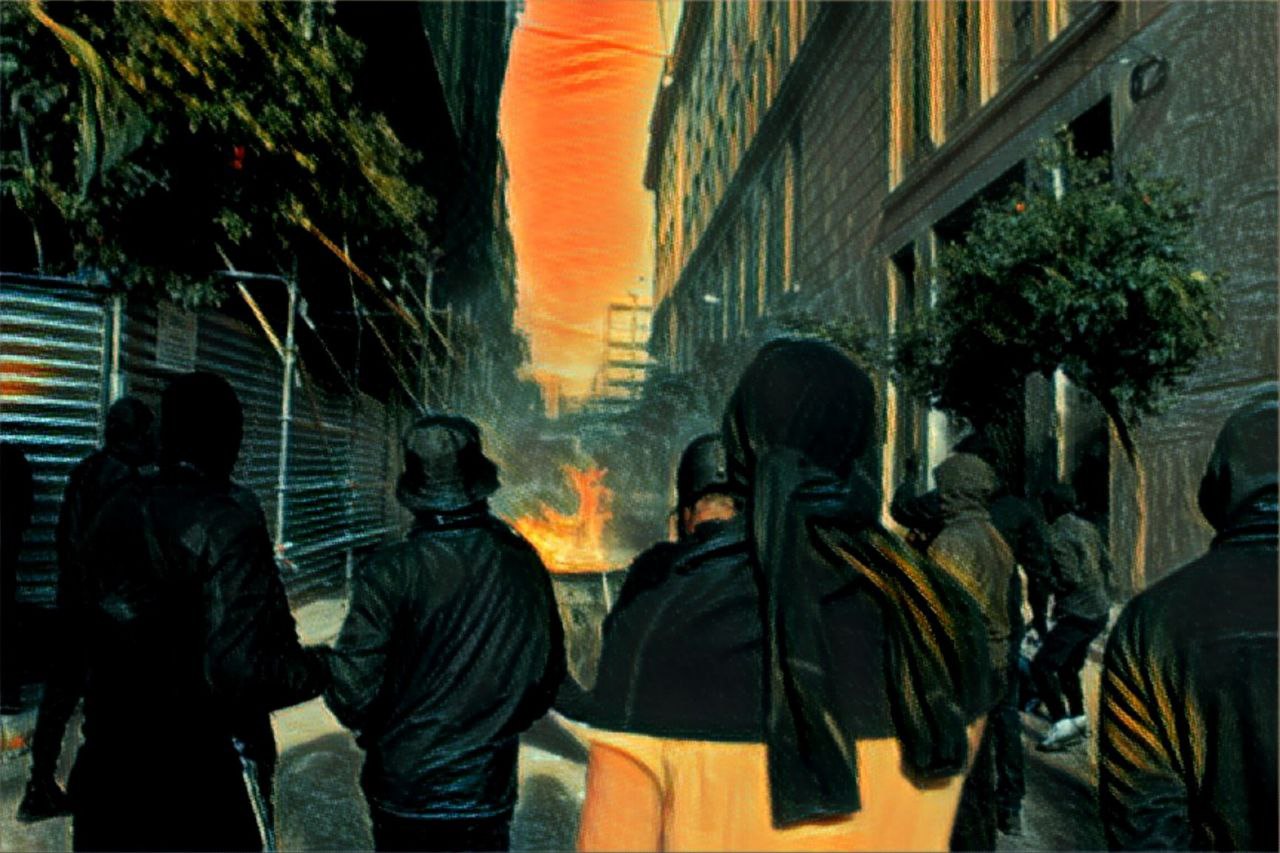Book Review
-
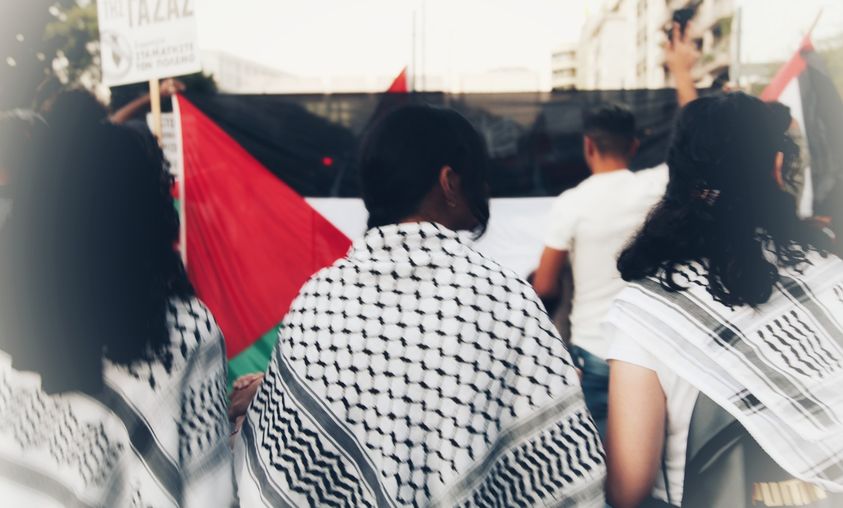
Four Essential Books on Palestine:
Navigating Beyond Propaganda•
In the heart of the Middle East lies a land considered holy by millions, yet the battleground for one of the most protracted and complex conflicts in modern history: the Israeli-Palestinian conflict. This blog post delves into the narratives, pain, and perspectives of both Israelis and Palestinians through the lens…
-
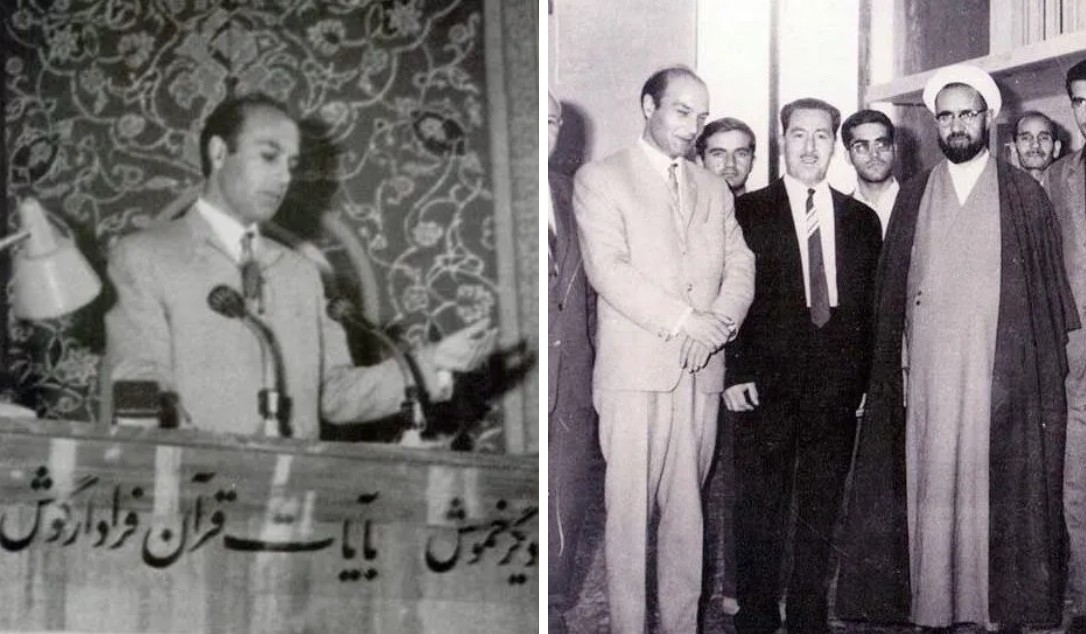
Islamism, Pseudo-Marxism and Ali Shariati
•
The phrase “camel, cow, leopard” symbolizes a confusing mixture, something Iranians use to describe Ali Shariati’s complex blend of Islam and social science, reshaping young Iranians’ views. Asef Bayat’s book details Shariati’s role in the 1979 Iranian Revolution, portraying him as a thinker who challenged Western ideologies and traditional religion…
-
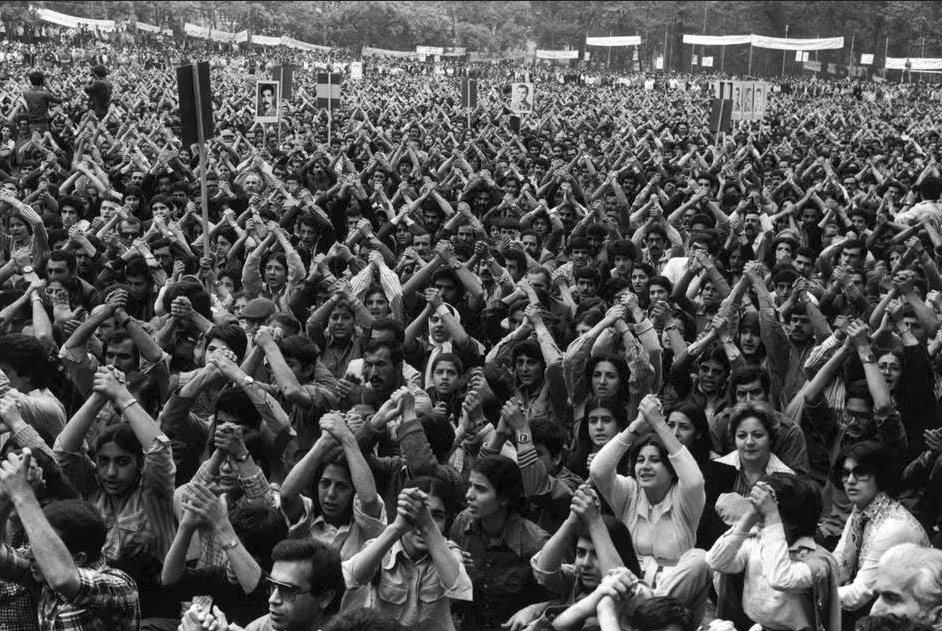
Iran 1979: Between Anti-Imperialism and Socialism
•
Valentine Moghadam’s article, “Socialism or Anti-Imperialism? The Left and Revolution in Iran,” analyzes the ideological complexity of the Iranian Left during the revolutionary period. It explores the Left’s commitment to anti-imperialism and its critique of dependent capitalism, while also addressing its failures and challenges. The article delves into the impact…
-
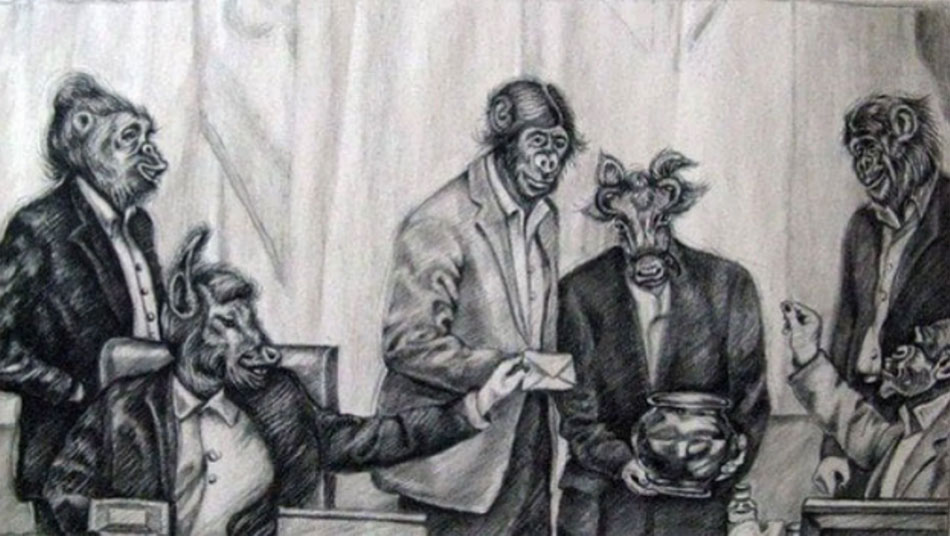
Middle East and The Fate of Populism:
Iran, Palestine and Beyond•
“The Fate of Third Worldism in the Middle East: Palestine, Iran and Beyond” explores the region’s shift from Third Worldism—a revolutionary, anti-imperialist ideology of the 1960s, aimed at universal emancipation—to authoritarian religious governments in the 1980s. Rasmus Christian Elling and Sune Haugbolle’s book discusses how the promising liberation movements in…
-
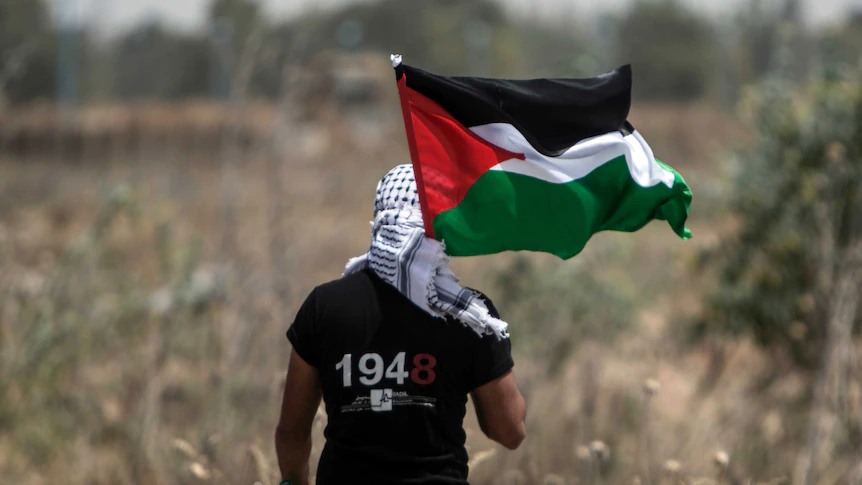
Zionism Reexamined: Beyond the Narrative
•
The establishment of Israel emerged from British imperial interests in the Middle East, Zionism, and various historical events, rather than being an eternal constant. Zionism began in the late 19th century as a secular movement in Eastern Europe and Russia, advocating for a Jewish nation as a refuge from persecution…
-

The Path from Alienation to Exploitation
•
Karl Marx’s critique of capitalism is still relevant today, as many of the issues he identified remain unresolved. In particular, Marx’s analysis of the exploitative nature of capitalism, in which workers are paid less than the value of their labor, and capitalists profit by appropriating the surplus value created by…
-
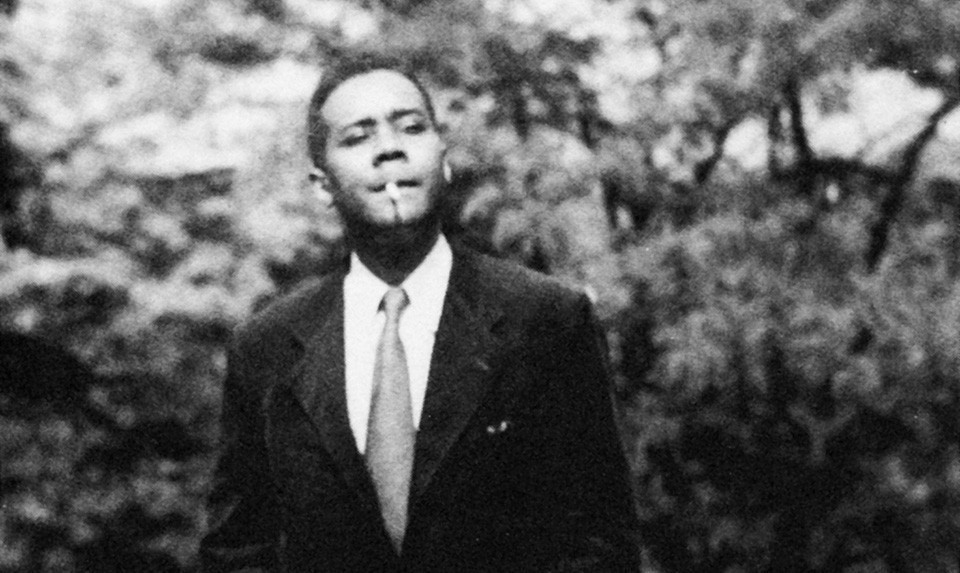
Migration, Capitalism, and Imperialism:
The Transnational Vision of C. L. R. James•
C. L. R. James, also known as Cyril Lionel Robert James, was a Trinidadian-British Marxist theorist, historian, and cultural critic who made significant contributions to the study of colonialism, slavery, and the African diaspora. Born in 1901, James spent much of his life traveling and writing, and his ideas have…
-
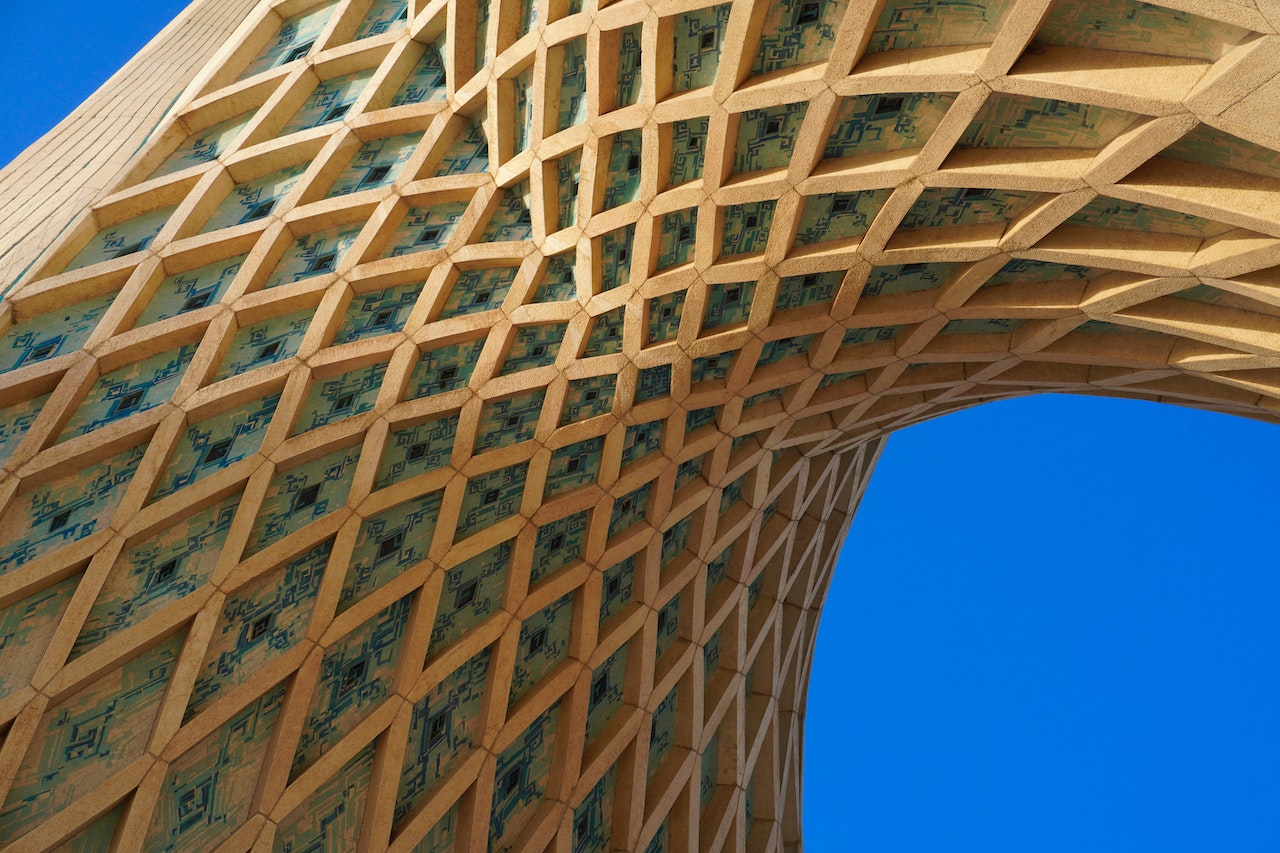
Iran: The Construction of a National Identity
•
A critical study of how Iranian nationalism, itself largely influenced by Orientalist scholarship first undertaken by the European Orientalists of the nineteenth and twentieth centuries, has shaped modern conceptions of Iran and Iranian identity, as well as narratives of Iranian history, leading to the adoption of a broad nationalist construction…
-

The Beauty and Terror of Life on the Move
•
The story contained in the ancient petrous bone is one of continuous movement – ancient people around the world mixing and merging. Physical differences, like skin color or height, are simply the shifting modifications of the human body reacting to different environments. Rather than homo sapiens, a more fitting name…
-
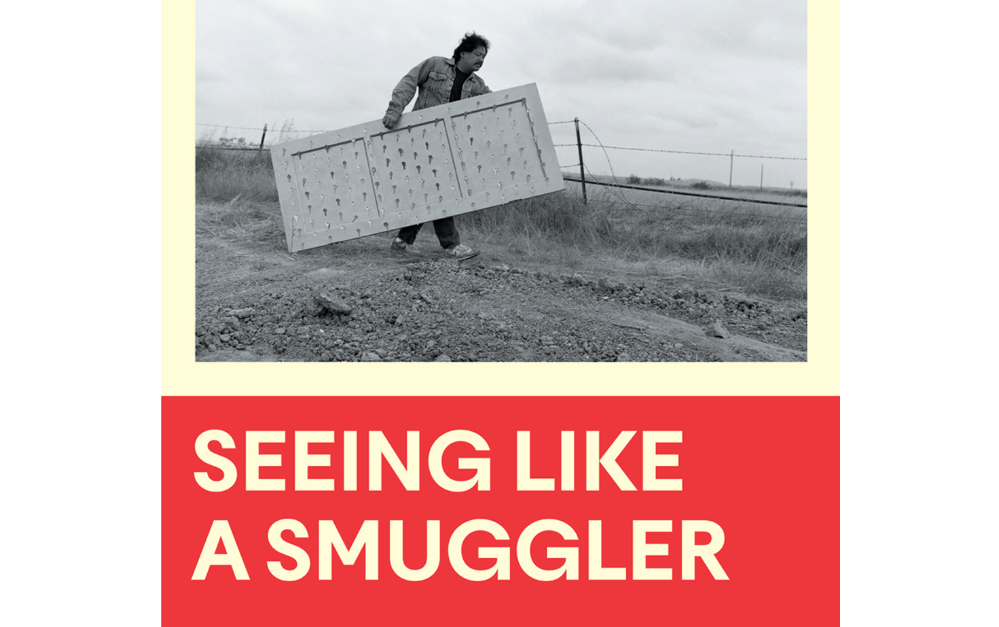
Smuggling as a Collective Enterprise
•
Bringing migrants to the Ethiopia-Djibouti border is not a simple task as there are several checkpoints along this migration route. Smugglers carefully work with different actors. They may secure support from border agents at various checkpoints, or they may use diverse transport strategies. Smugglers often transport migrants during the night,…
-
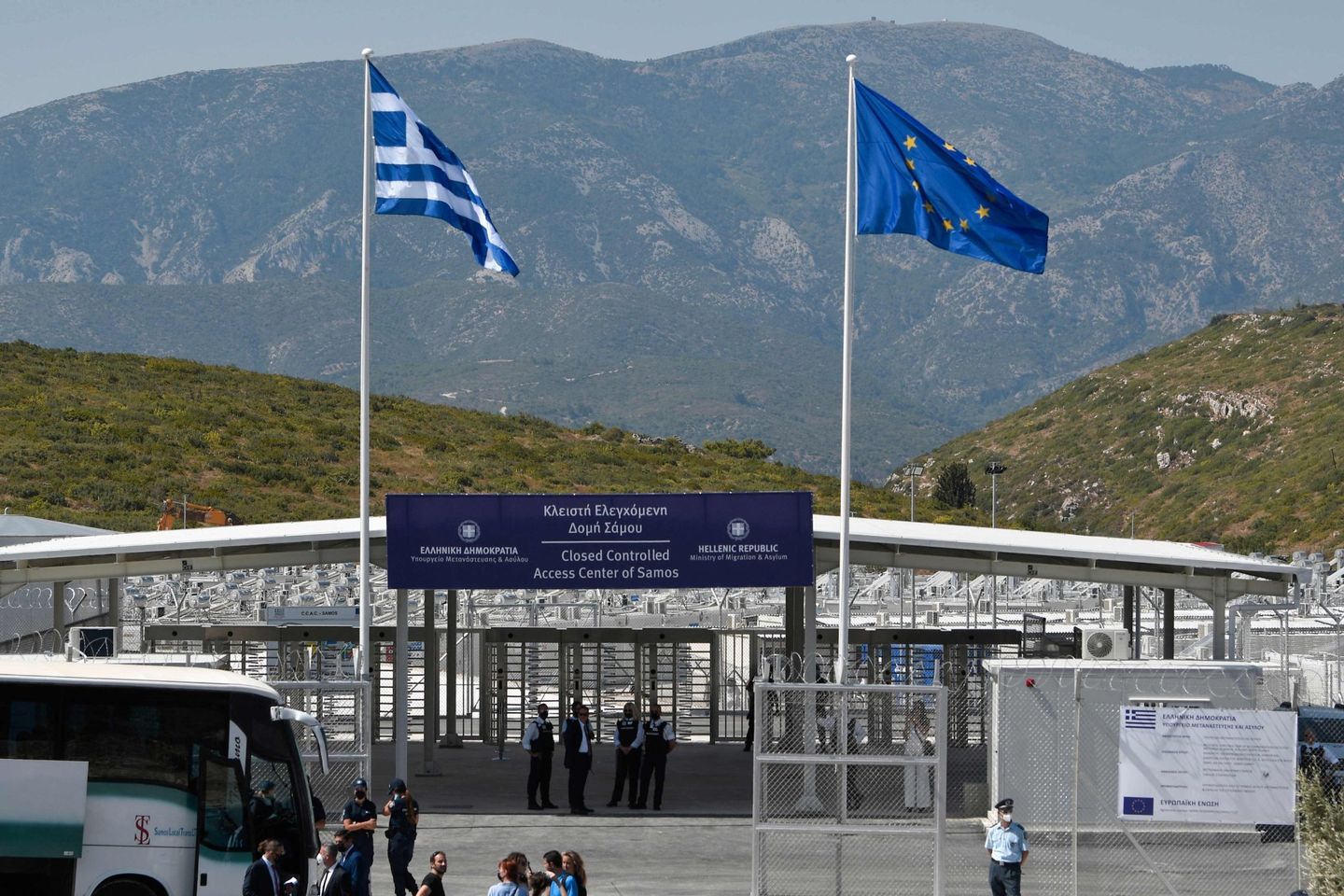
From Refugees to Clandestines
•
Contemporary refugees in Greece are often viewed in negative and hostile terms. They are seen to represent a burden on the host country, and a particular source of discontent arises when refugees are perceived to have a better life than some of the Greeks themselves. While it is to the…
